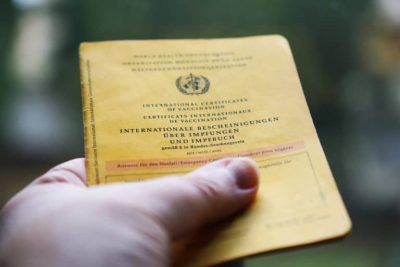
Following three years of negotiations, the World Health Organization (WHO) has formally adopted a legally binding agreement aiming to improve member countries’ pandemic preparedness and response.
The Pandemic Agreement requires Canada to carry out actions like strengthening disease surveillance, improving its health-care system and supply chain for pandemic-related health products, and ensuring drug manufacturers set aside vaccines and therapeutics for developing countries.
The treaty does not give the WHO the power to direct Canada to carry out measures like travel bans, lockdowns, or vaccine mandates. The agreement also allows for Canada to back out of it two years after it officially comes into force.
The treaty was adopted on May 20, with 124 countries voting in favour, including Canada. No countries formally objected to the pandemic treaty, but 11 countries abstained from voting.
Some of the countries that abstained from the vote, like the United States and Slovakia, have publicly criticized the pact. U.S. Health Secretary Robert F. Kennedy Jr. issued a statement on the day the pandemic treaty was adopted, saying the United States would not participate in the pact because the WHO “has not even come to terms with its failures during COVID, let alone made significant reforms,” and that the agreement “will lock in all of the dysfunctions of the WHO pandemic response.”The United States had also gone a step further to disengage from the WHO, starting the process to formally leave the organization shortly after U.S. President Donald Trump returned to the White House in January.
The pandemic pact will not officially enter into force until a system on sharing pathogenic information is completed, after which 60 countries must ratify the agreement for it to come into force.
*
Click the share button below to email/forward this article. Follow us on Instagram and X and subscribe to our Telegram Channel. Feel free to repost Global Research articles with proper attribution.
Featured image is from The Freedom Articles
Global Research is a reader-funded media. We do not accept any funding from corporations or governments. Help us stay afloat. Click the image below to make a one-time or recurring donation.


.png) 1 month_ago
9
1 month_ago
9







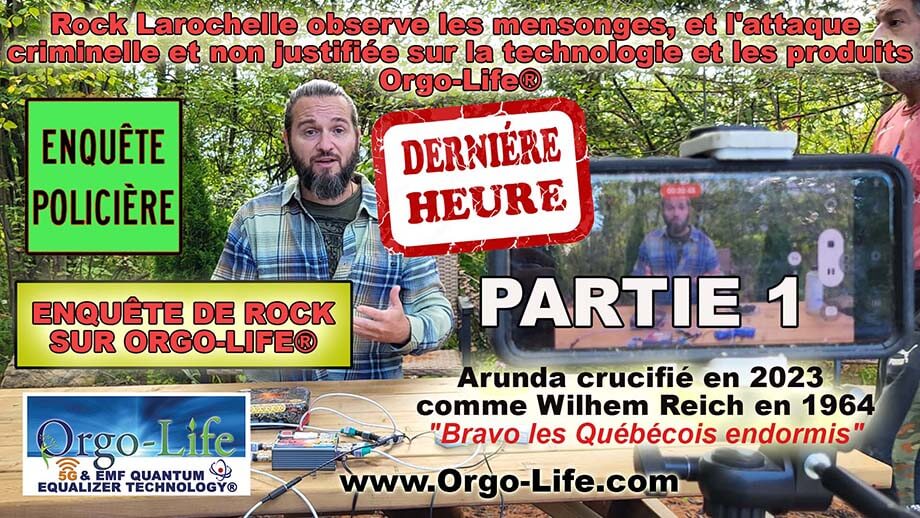



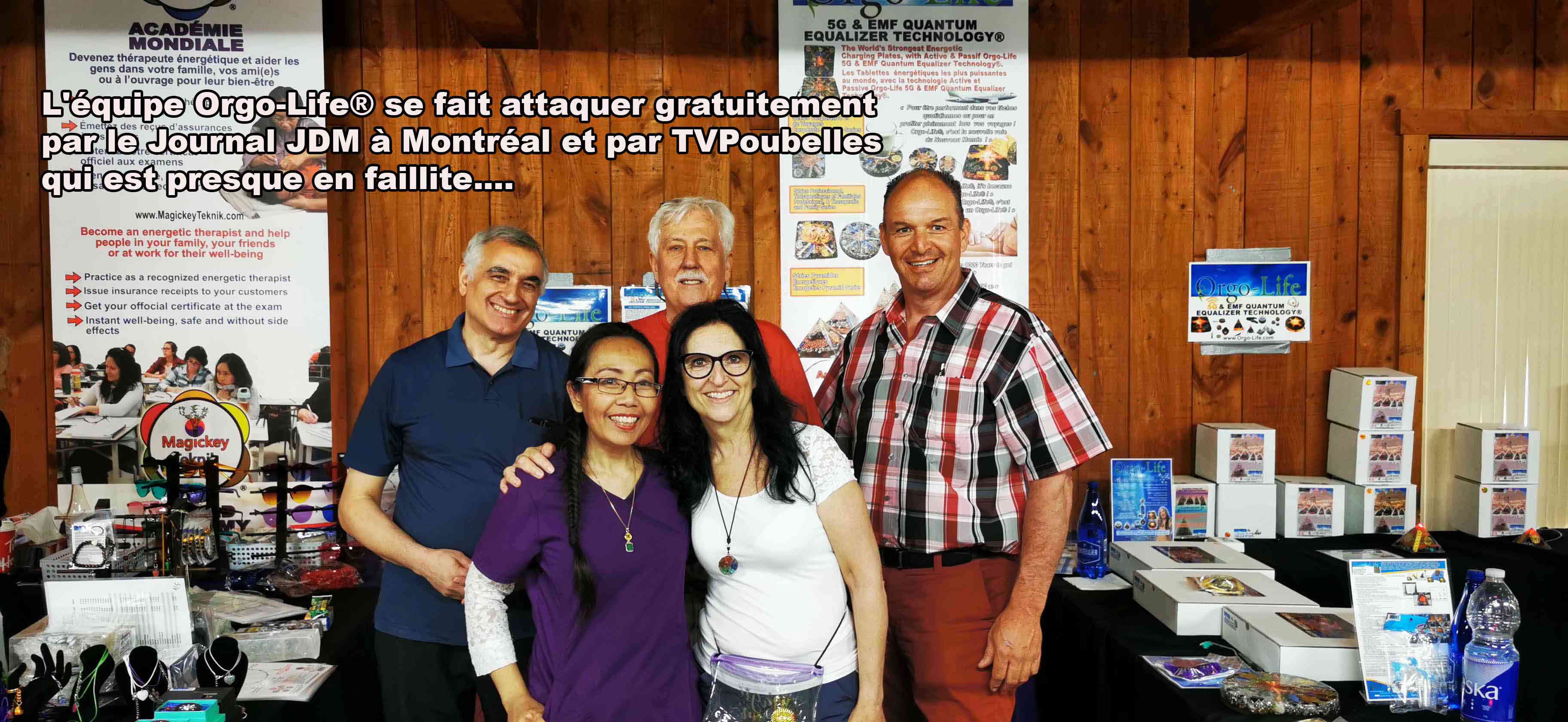


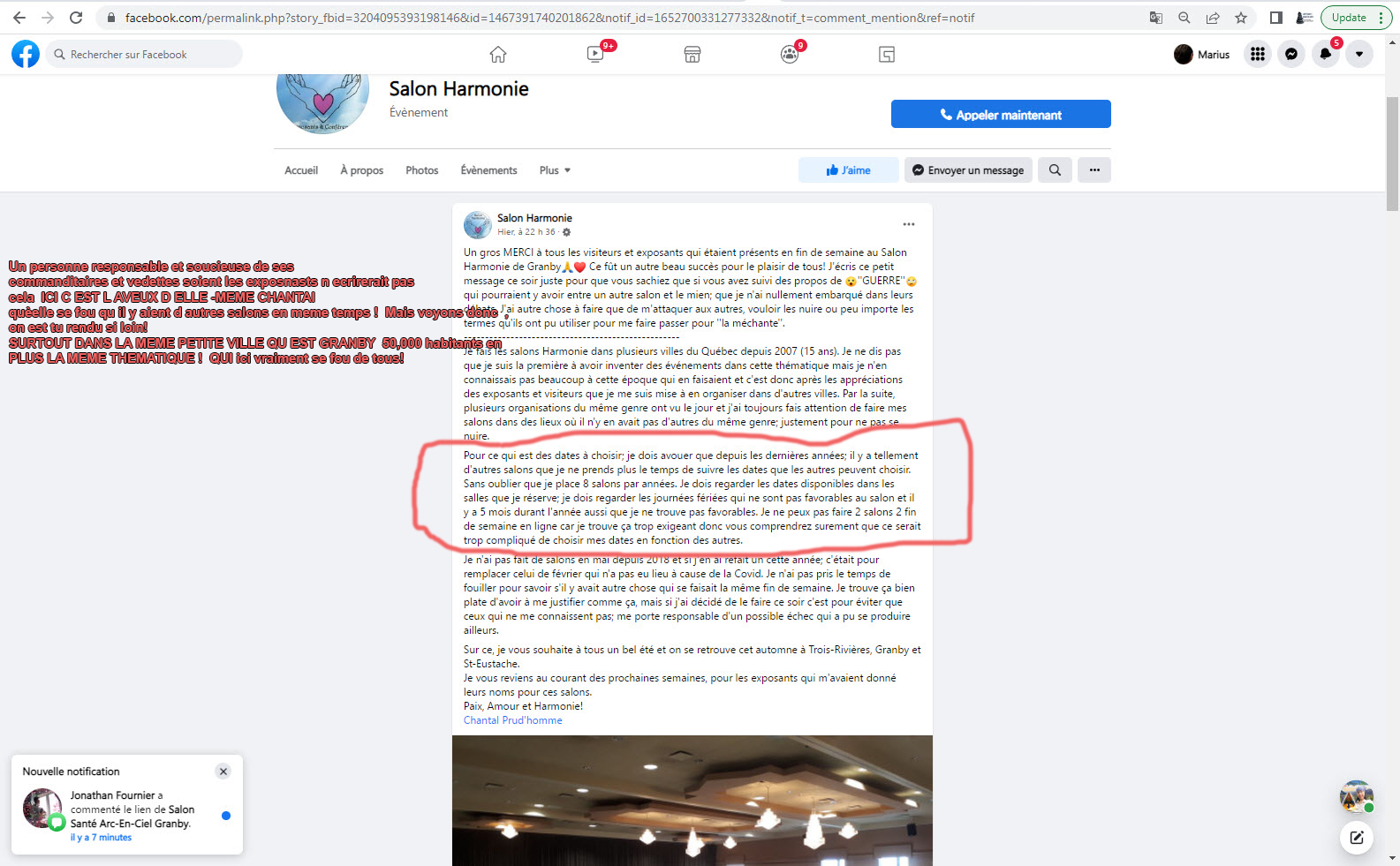

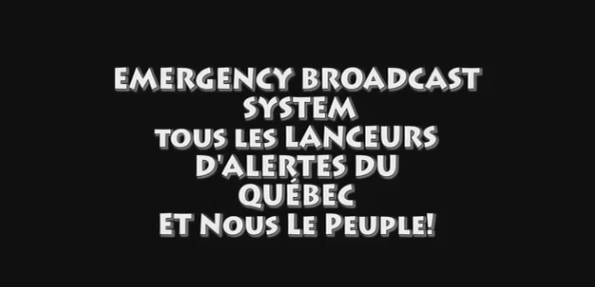
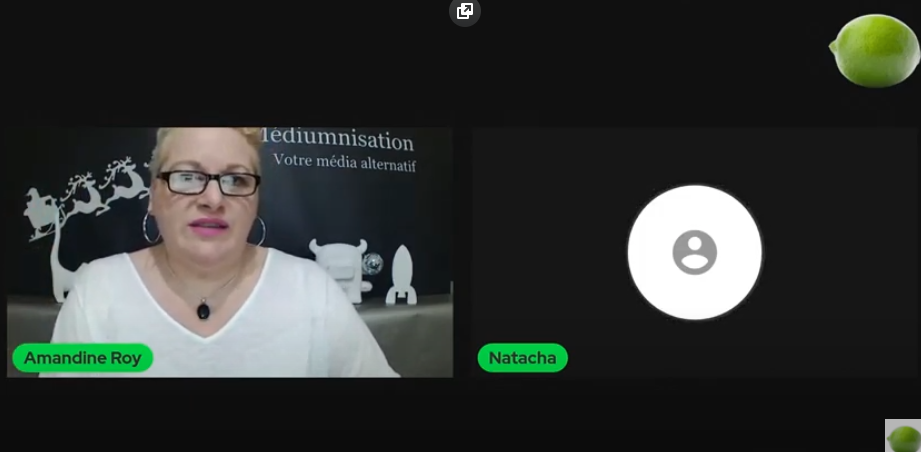

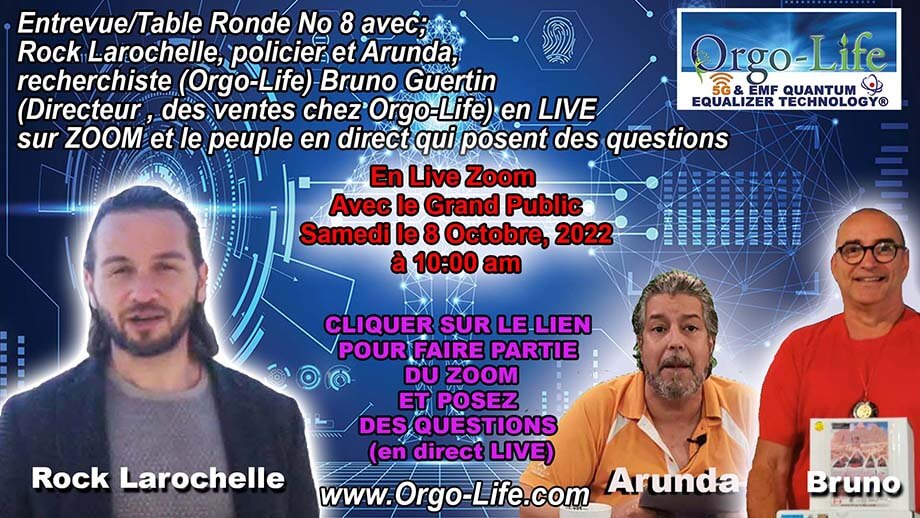
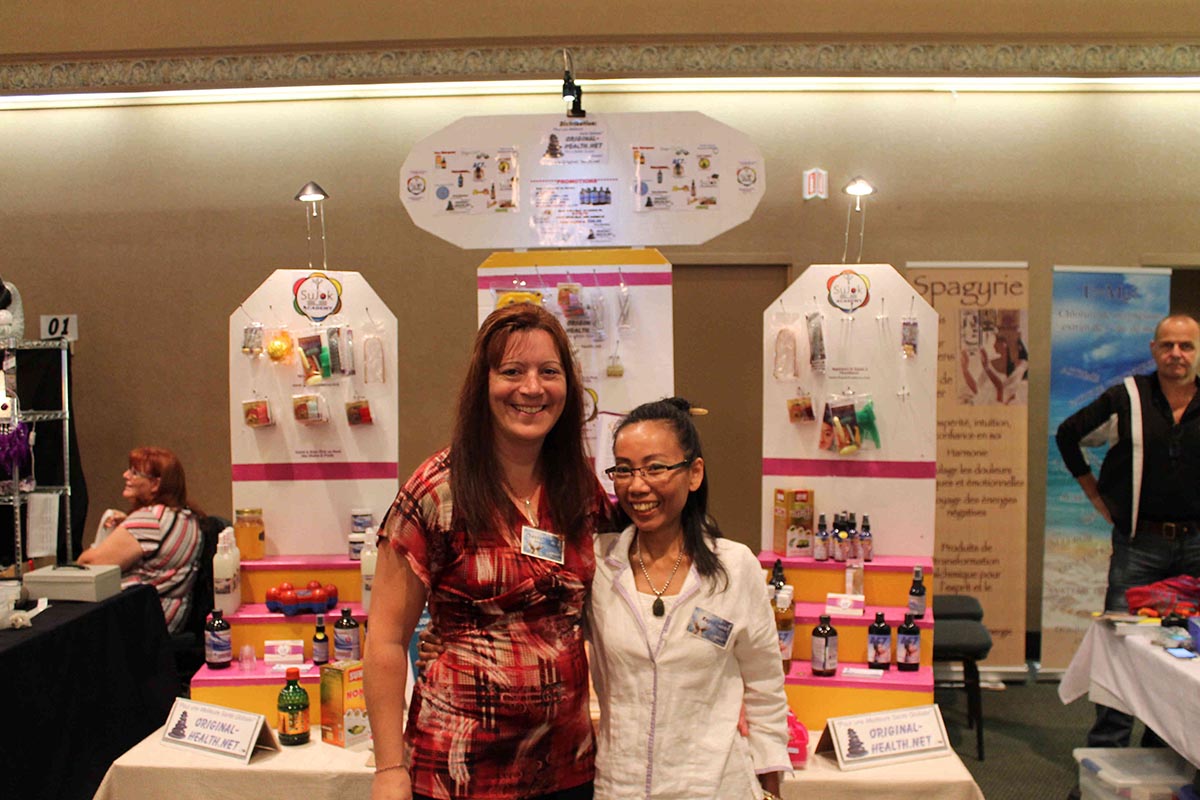
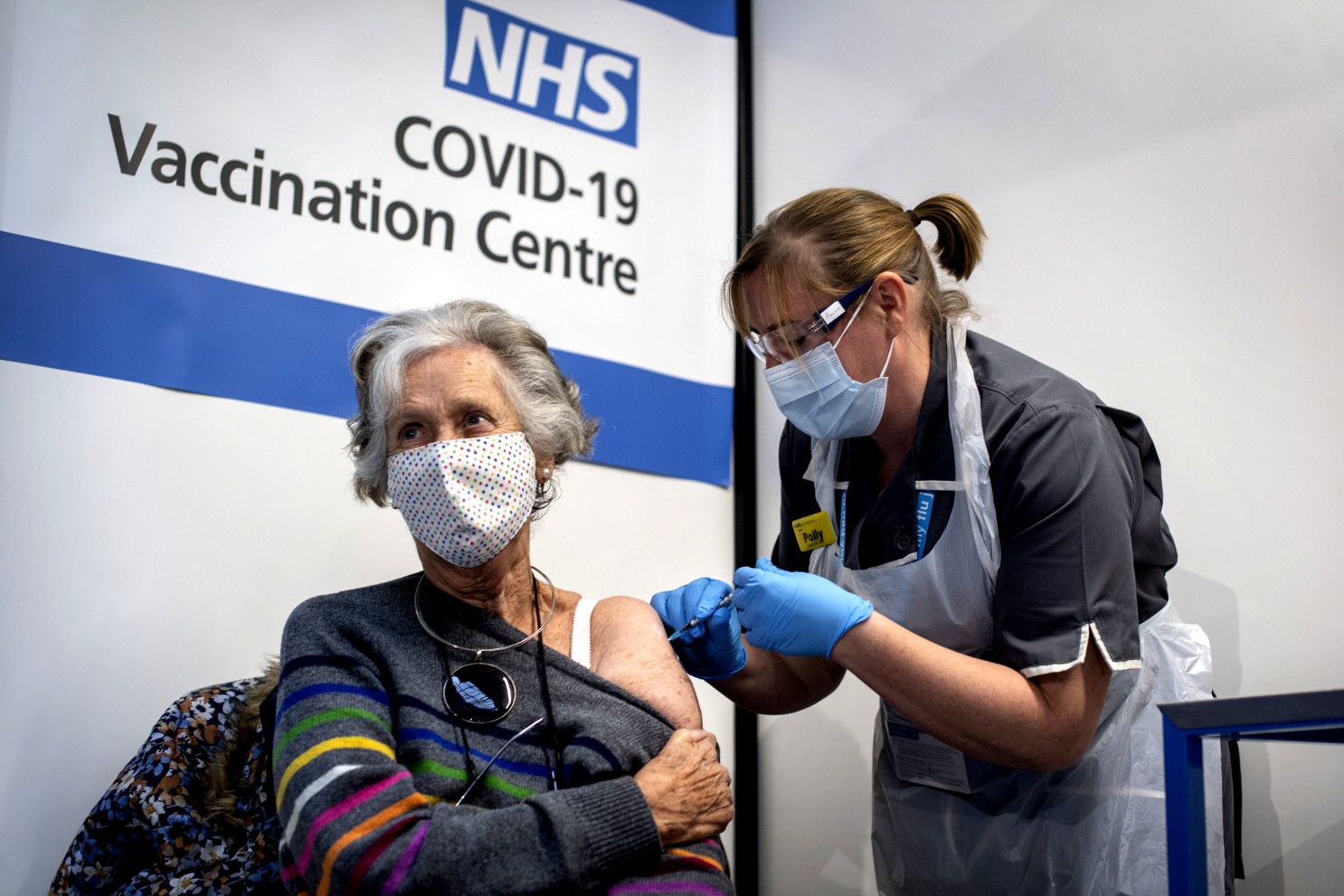

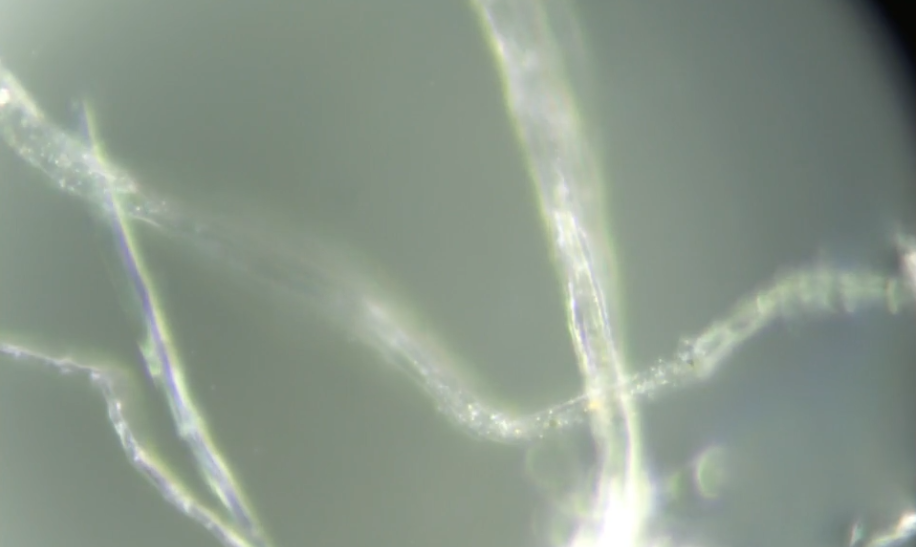


 French (CA)
French (CA)